Thank you Edelweiss Study for sponsoring this post. Be sure to visit the Edelweiss Endometriosis Study landing page to see if you or a loved one qualifies to participate.
Hey All!
As you all know, I’ve been trying to get back in shape and get my body healthy again after giving birth to my son. During this process, there is something very personal I’ve kept private. I’ve discussed my issues with IBS and my Gut health and Sjgron’s Syndrome, but I’ve never discussed publicly today’s topic here on the blog before. Today, I’m taking the leap and sharing my story with you all. I hope that my sharing will also help some of my amazing Bubbly Squad women out there who may be dealing with the same issue. Since I gave birth via c-section to my son, I’ve been suffering from endometriosis. I’ve been suffering in silence and it has been a lot to deal with on top of everything else going on in the world. Thankfully, The Edelweiss study is a study for women living with moderate to severe pain associated with endometriosis. Dealing with symptoms that others might not understand can be frustrating, but know you are not alone.
If you don’t know what this is, it’s an often painful medical condition that women can get in which tissue similar to the tissue that normally lines the inside of your uterus, grows outside your uterus. It can give you symptoms that range from painful periods to fatigue, diarrhea, constipation, bloating or nausea, especially during menstrual periods. It’s horrible to experience really bad episodes and I’ve been doing my best to manage it.
Doing all this has helped me get through some very painful times. Endometriosis is unfortunately very common in women, but it’s a poorly understood condition that can affect any female who has menstrual cycles. Clinical trials, such as the Edelweiss study, can help drive progress towards more treatment options that can make a difference for women like myself living with endometriosis.
Know that when I say endometriosis is a common women’s health problem, I’m saying it can happen to any woman! It can be especially common in women during their reproductive years no matter their race, age or socioeconomic status. There is unfortunately no medical cure for endometriosis, but there are many great treatment options that may greatly improve the quality of life of someone dealing with endometriosis. Some ways of treating the symptoms include Birth control, Painkillers, Hormone therapy, Acupuncture, and changes in diet.
With my doctor’s supervision, I’ve been managing it with medication and with at-home remedies. When I’m having a bad episode, I try everything from warm baths to hot water bottles or heating pads to treat cramping. I also drink turmeric tea and take it as a supplement. I try to eat an anti-inflammatory diet and avoid foods that cause inflammation.
There is so much we need to learn about this disease and treatments for it. Clinical trials, such as the Edelweiss study, may really help drive progress towards more treatment options that can make a difference for women like myself living with endometriosis. I’m so thankful trials like this are taking place.
If you’re like me and living with moderate to severe pain associated with endometriosis, you don’t have to suffer in silence. Women who suffer from endometriosis pain are warriors. Yes, you are strong and know you will get through this. You are not alone! Learn About a Study for Women with Endometriosis.
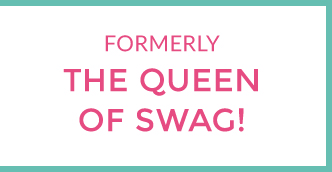






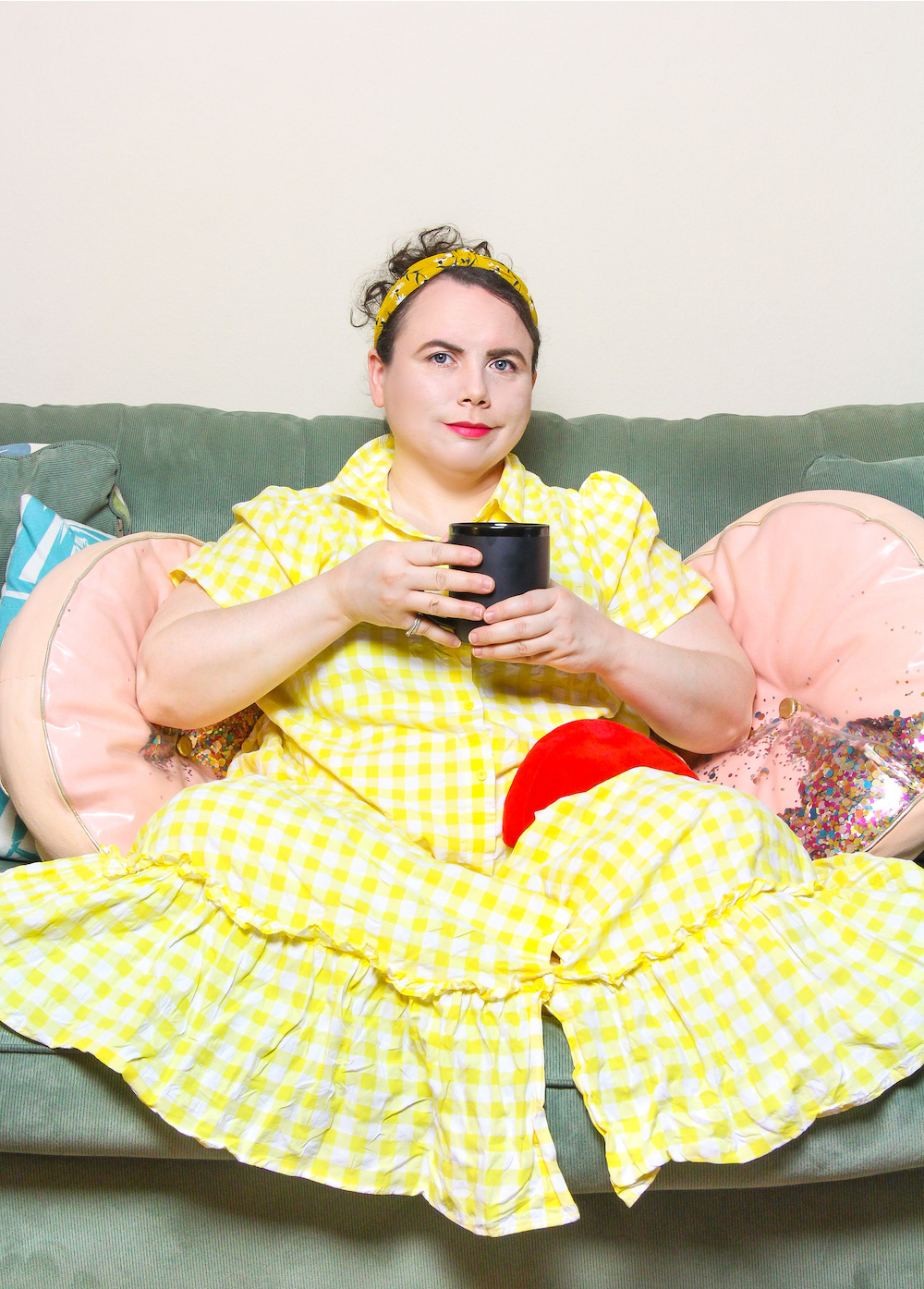
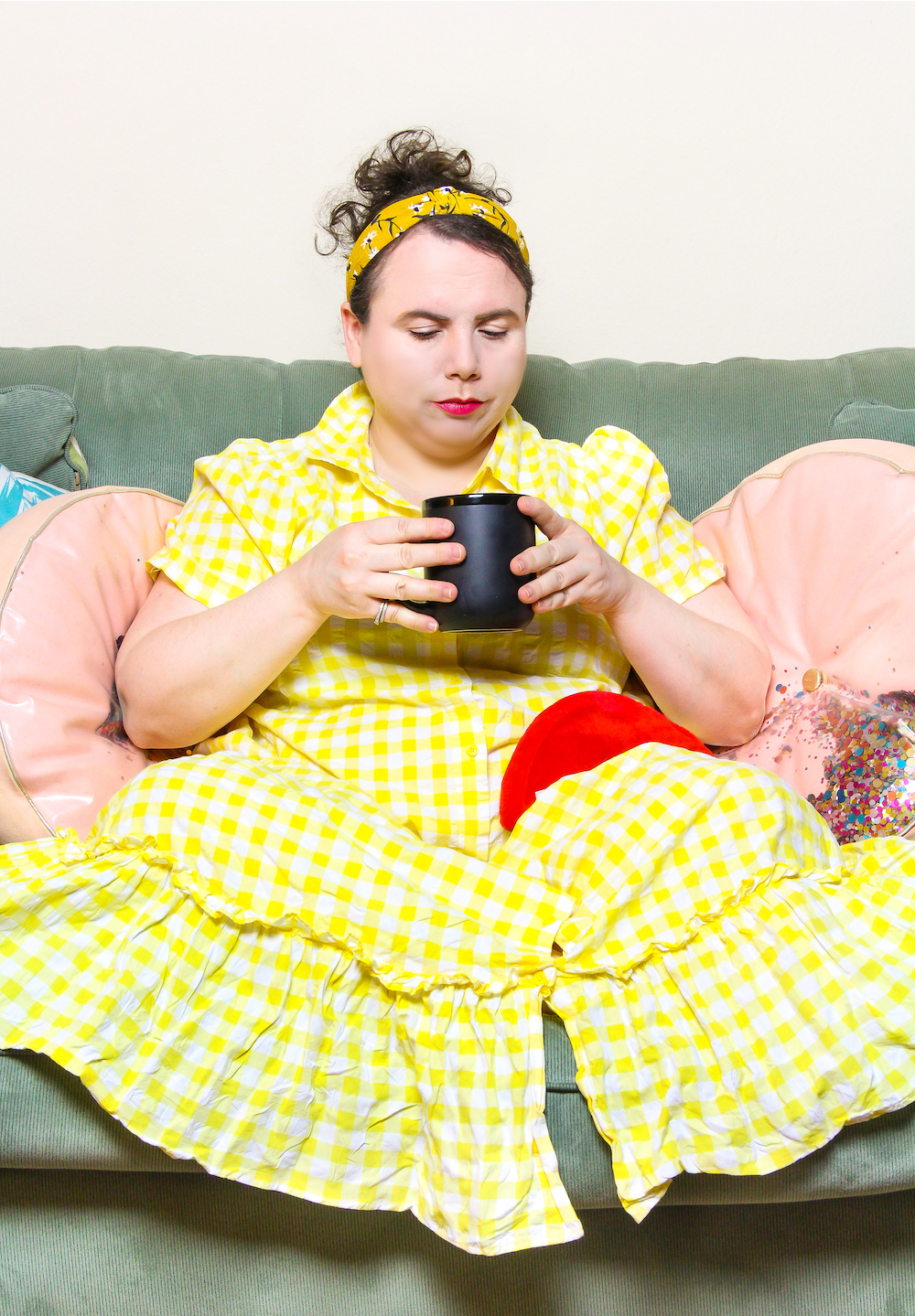
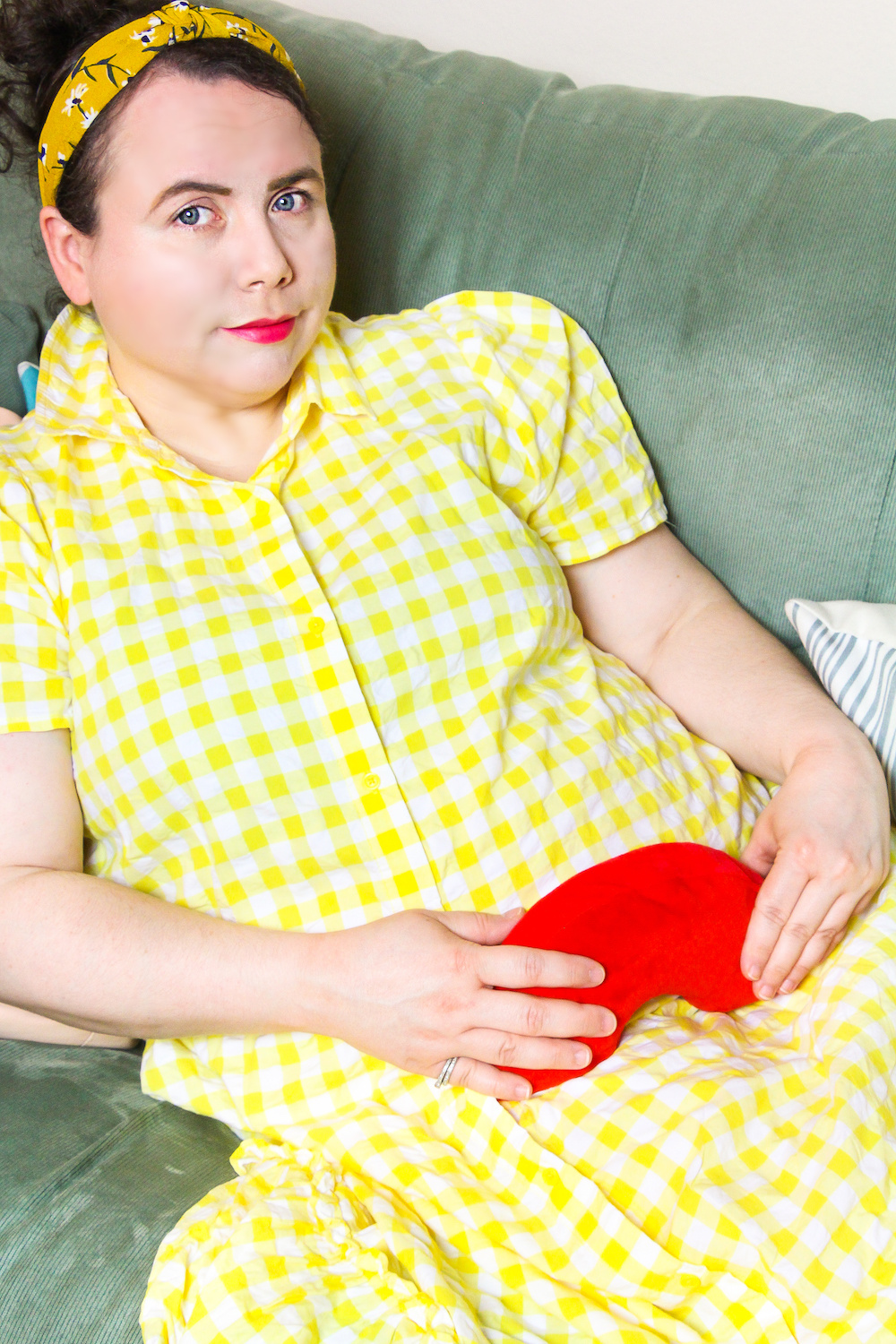



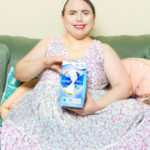



















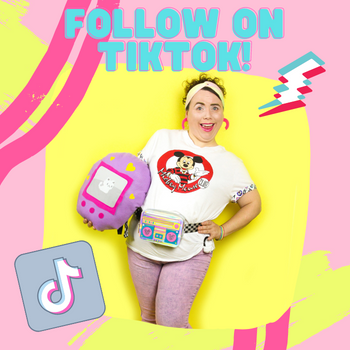









Comments